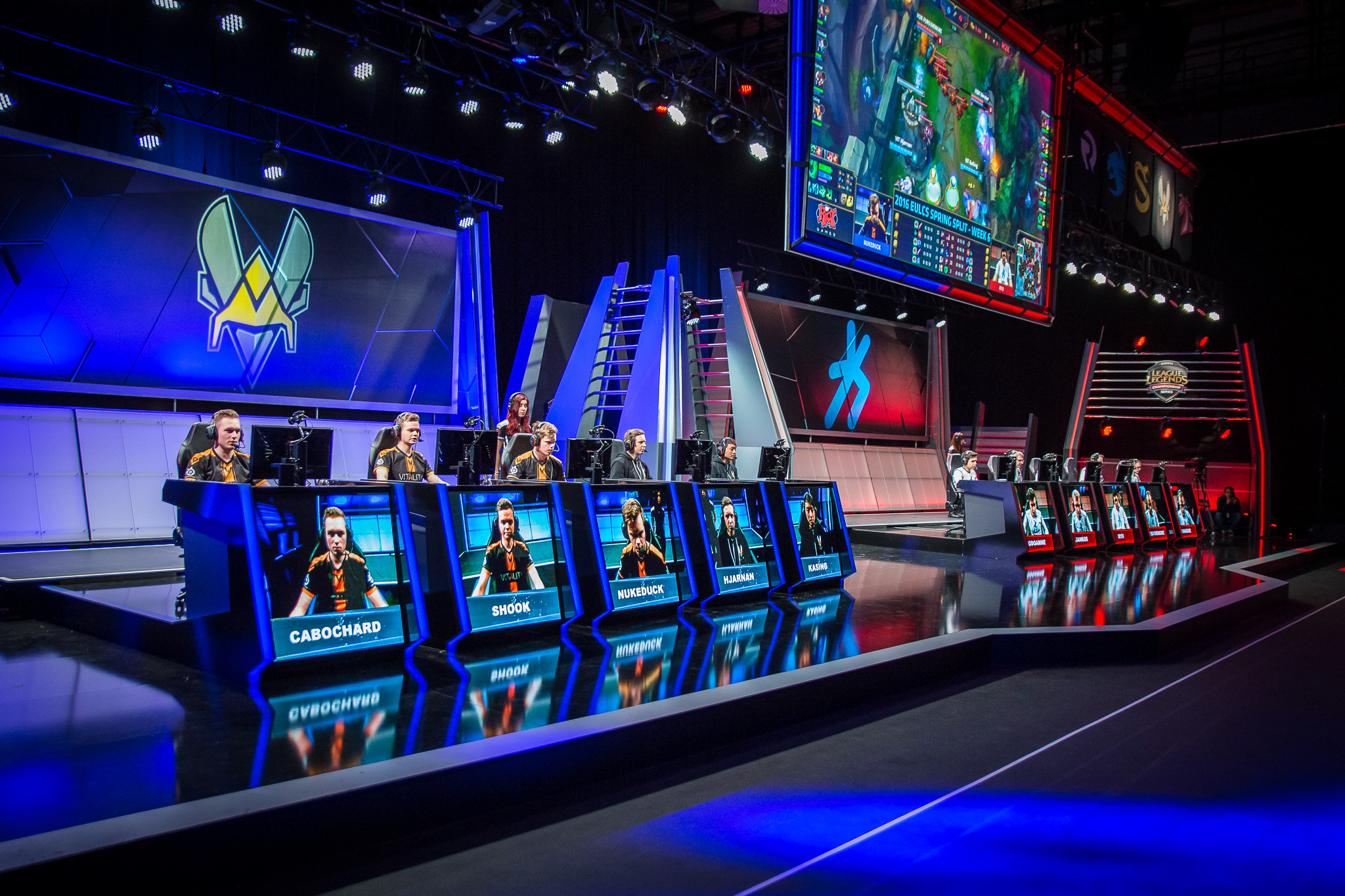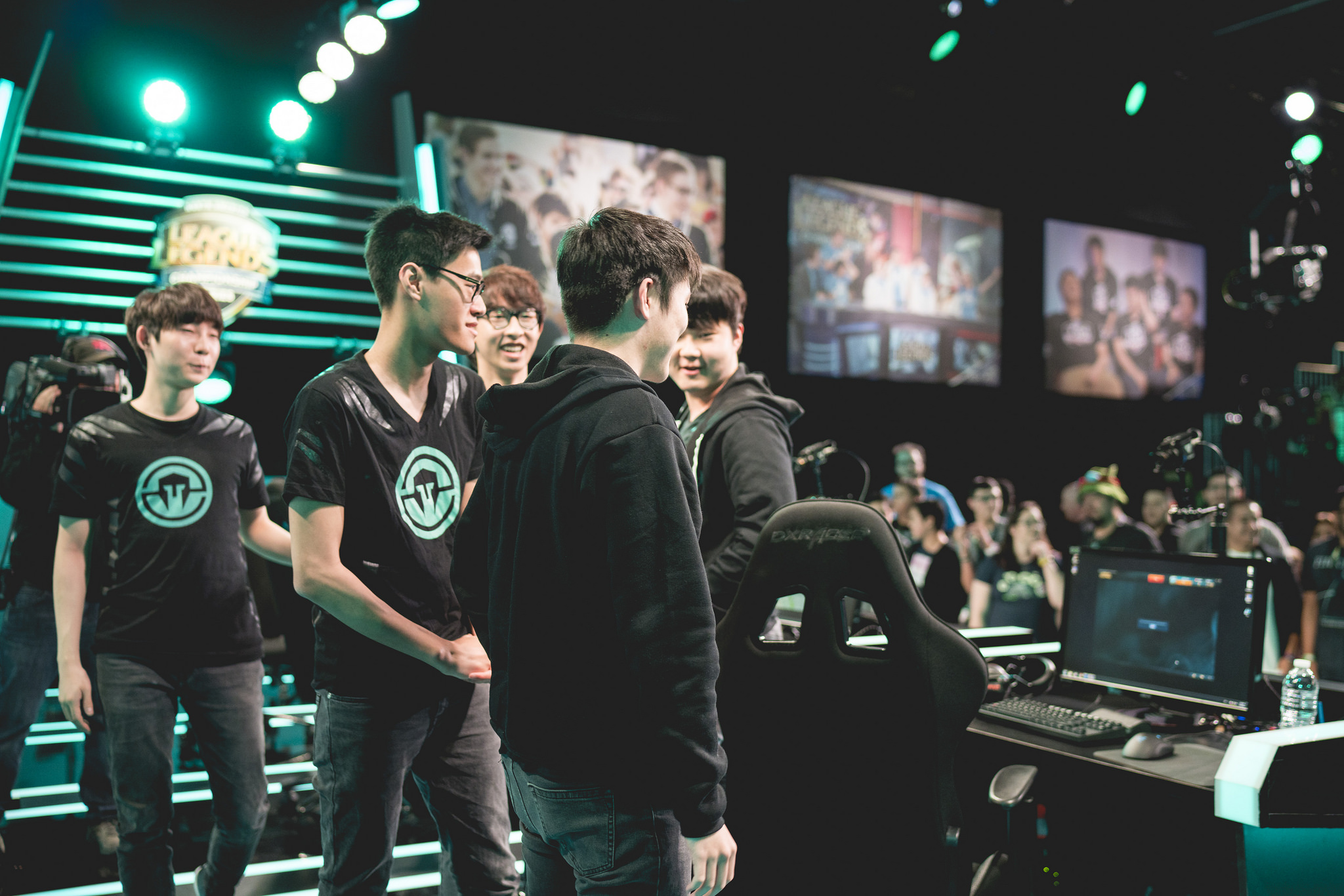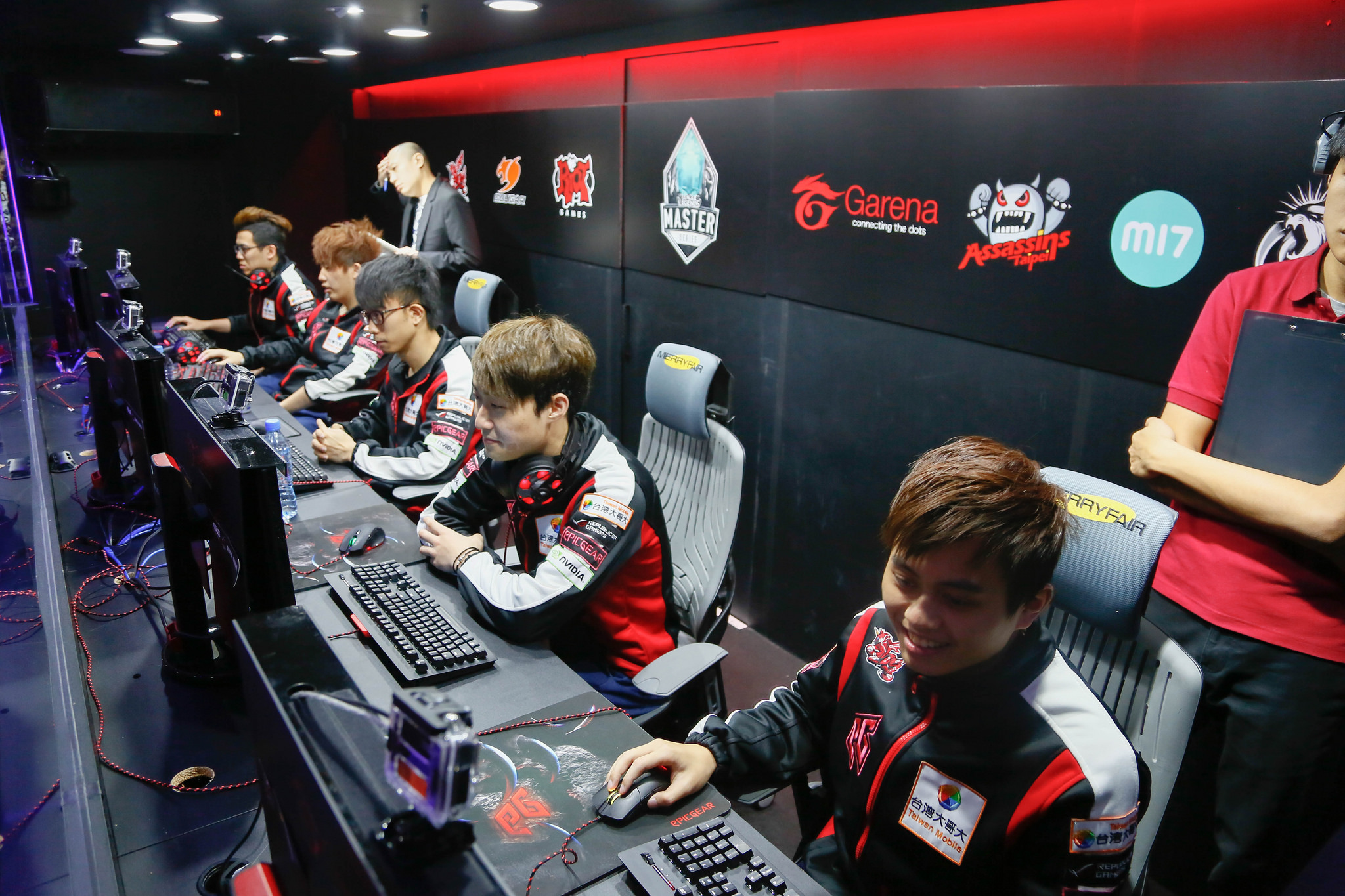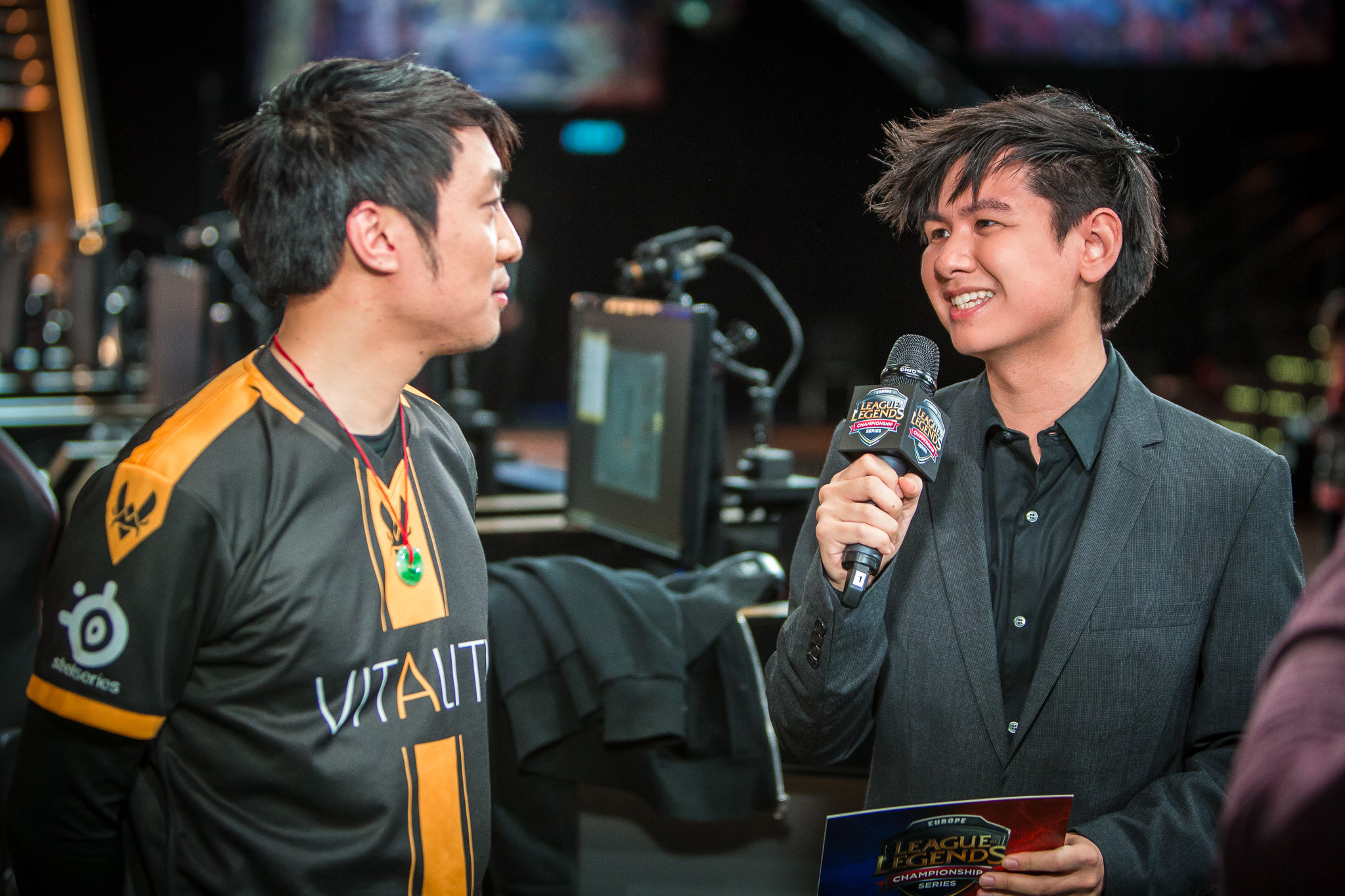Forecasting LoL’s Mid-Season Invitational

I've made no secret of my disappointment with IEM Katowice this year. Of the eight teams on stage next week, only Qiao Gu Reapers are actually on the top of their circuit, and all four of the invitational teams were done out of brand or regional impact instead of competitive merit—and, yes, I'm including SK Telecom T1 in that estimate, given how badly they've been floundering since Worlds.
It doesn't matter how many titles you have to your name if you're losing to the Afreeca Freecs, nor how many articles have been written about you if Mickeygod's styling on you 1v1 in lane. Not to mention that China's Royal Never Give Up getting an invite over either of the Taiwanese Worlds quarterfinalists, both of whom are still performing well in their domestic circuit, borders on insulting. Yes, we get it—China's a gigantic market, and we're barely an afterthought. Thanks for ignoring the accomplishments we've achieved despite that, ESL!
I'll be watching it anyhow, of course, because it at least fills two purposes: one, I like seeing former colleagues like host William Cho on stage and kicking ass. And two, it sets the expectations for what we'll see when the juggernauts finally come out and play at MSI Shanghai.
True, the IEM barometer's going to be far from accurate. While each region has its own "flavor" in terms of what objectives they prioritize on average, the picks and bans they choose, and the duration of their strategic phases, it breaks down when scrutinized at the level of individual teams. Furthermore, regional flavor tends to be defined by the current top-tier, and a lot of what makes a team mediocre is down to failing to play on those terms. The main thing we'll get out of Katowice is a sense of regional strength—whether Korea still deserves to be considered numero uno because even a depressingly 2014-form SKT can sweep the international competition (again), or if China's Qiao Gu stoke the coals of the Mainland Hype Train (in the hope that it won't derail at Worlds this year).
It would be shocking if anybody but Qiao Gu were to show up again at Shanghai, though. Rather, these are the non-IEM teams you should be scrutinizing next month:

Immortals (12-0)
So far, the Immortals are living up to their name and giving Fnatic fans terrible ulcers. It has been close to a year since former European secret weapons Huni and Reignover have lost a regular-season game—a personal winstreak that either signifies how terrifying they are as a two-man package and proof unto itself that their semifinals Worlds finish wasn't a fluke, or a metaphorical slap upside the head for the entirety of western hemisphere esports (or both).
It's not just that they play faster and more aggressively than the rest of the North American circuit—or else they would've lost by now as teams ramped up their tempo. But as that now-infamous Renegades game demonstrated, you only think you've killed them seven times—in fact, thanks to their individual mechanics and map play, they not only have a gold lead but also an advantage into the next fight.
Keep up to date with the most important stories and the best deals, as picked by the PC Gamer team.
The most amazing thing about the Immortals, though, isn't the top-jungle synergy and winstreak, but what that has enabled. Their teammates were, to put it bluntly, other teams' castoffs and rejects. Pobelter was dumped by CLG for Huhi, and Wildturtle became something of a joke under TSM. Neither of NA's former frontrunners are laughing now: the Immortals' relentlessly aggressive frontliners makes for much more comfortable margins of safety for either carry to operate within, and may even translate well internationally. It worked against everybody but SKT T1 last October, after all.
ROX Tigers
The top team of the world's top competitive circuit have a lot of luster to their name—and unlike SK Telecom T1, the Tigers have the results to justify it. True, they had more things going for them than Faker's team did: not losing a major shotcaller like Marin, for one, and actually finding an upgrade in Peanut for another. That's no diss on Duke—but "sidegrade" is the best you can say about SKT's top lane, as while he had the mechanical skills to replace Marin, there's no indication he's managed to fill the former superstar's shoes in terms of leadership.
No such problem for the Tigers. GorillA's still the best damn support in South Korea, where there's a lot of players eager to make a bid for that title, and Smeb is still Smeb. The worst you can say about the Tigers is that they're a fully known quantity at this point—VODs stemming back from their HUYA and KOO sponsorship days are still applicable to them in discerning habits and preferences to a limited extent.
That limit being last March, almost one year ago, when they lost the IEM World Championship title to China's mid-tier Team WE. The stain of that tournament colors them to this day—their emotional response to being cheered for as Worlds finalists last October stems from the cold treatment they received back home for dropping the ball and leaving a spot on Korea's pristine international record since 2013.
It's conceivable that we might see the Tigers at the very top of their form, for the sole purpose of washing out that memory, and that's a scary thought for the rest of the Shanghai lineup. Nobody in Korea's managed to crack them yet—what hope is there for the rest of the world?

AHQ E-Sports Club
Last year, SK Telecom T1 tried their hands at a bit of innovation. In order to keep Faker challenged, and to expand their strategic options, Easyhoon was recruited as a substitute and occasional starter. He was impressive, certainly, garnering a reputation as quite possibly Korea's second-best midlaner on the basis of the scant few times he got to play—but there's no shaking SKT's identity as Faker's Team anytime soon, and he ultimately left for Vici Gaming in an attempt to escape Faker's shadow.
The experiment wasn’t an unconditional success for SKT. It's working brilliantly for AHQ, however—probably because they leaned into it harder. Westdoor and Chawy are co-collaborators for the Taiwanese team's mid lane strategy, not just a star and his understudy—they split the games exactly 50-50, with Westdoor receiving all of their blue side rounds, and Chawy on the red.
That works well for Westdoor in particular. Though he's proven time and again to be the island's number one assassins player, even humbling Faker for allowing Fizz to be open, his limited champion pool and strategic inflexibility usually made him an easy target ban.
That's a lot harder with him on blue side when AHQ get first pick of champions and red side has to save bans against monstrously talented top laner Ziv as well. And then you have to toss away everything you prepared against Westdoor when Chawy steps up for game two—the same Chawy that single-handedly made TPA a regional contender last year despite the earnest efforts of his team to lose every other lane. The same Chawy that played over two dozen different champions just last year, all to a high level. Taiwan proved that their newly-independent circuit, freed from the weight of Southeast Asia's mediocrity, was worthy of its Worlds seeds—and now they have a frontrunner that's developed an unprecedented defense against any attempts to scout or exploit the weaknesses exposed last October.
If the Tigers had trouble with the Flash Wolves at Worlds, it's going to be interesting to see how they handle AHQ.

EU LCS
There are currently three frontrunners in the EU LCS, and it's hard at this time to determine who's going to make it out to Shanghai. H2K, Vitality and G2 have been scrabbling for a lone place at the top without any real success at making the other two budge—though maybe that equilibrium's showing signs of breaking soon.
My money's on Vitality. H2K's played at roughly the same level all this time, with or without Ryu—a characteristic that suggests serious accolades are due to its analytical and coaching staff, as normally a team falls apart when their keystone midlaner's waylaid by Europe's inconstant visa process. This also indicates that they’ve hit their peak, however. G2 secured an early lead and strong start—but they seem susceptible to getting derailed by surprises like those that Fnatic pulled out against them in their most recent game. G2 actually had overwhelming command for over 26 minutes, and looked as if they were going to shut it out at any time—only for Rekkles to come in with a freshly buffed Kog'maw to make a mockery of their complacency.
Vitality, however. Vitality started rough, giving up half their games for unexplainable reasons and dominating the rest. But as the weeks have gone by, their consistency and teamwork have quickly improved—and they've won all of their most recent games against Europe's finest. The recent map play and area control by KaSing, in particular, has been downright stellar—and the fact that nobody else is currently playing Bard or Tahm Kench support makes it all the more exciting to watch.
Europe's the wildcard factor here—not literally a Wildcard team, but in terms of how difficult it is to assess their strengths on an international field. The biggest factor in their favor is that all three teams, especially Vitality, had to struggle in the first place for their prestige. All have had close games, all have had to clutch it out against player skills and strategies roughly equal to their own. None of the other regional leaders have had to truly struggle to retain their pristine records. When they arrive in Shanghai, it'll be the first time this year that the Tigers, the Immortals, and AHQ truly meet their match.

PC Gamer Pro is dedicated to esports and competitive gaming. Check back every day for exciting, fun and informative articles about League of Legends, Dota 2, Hearthstone, CS:GO and more. GL HF!

